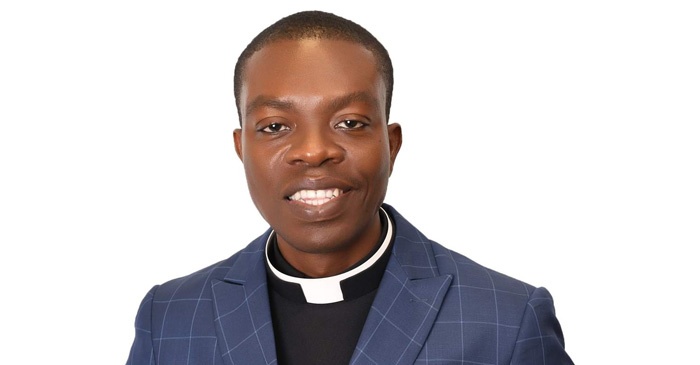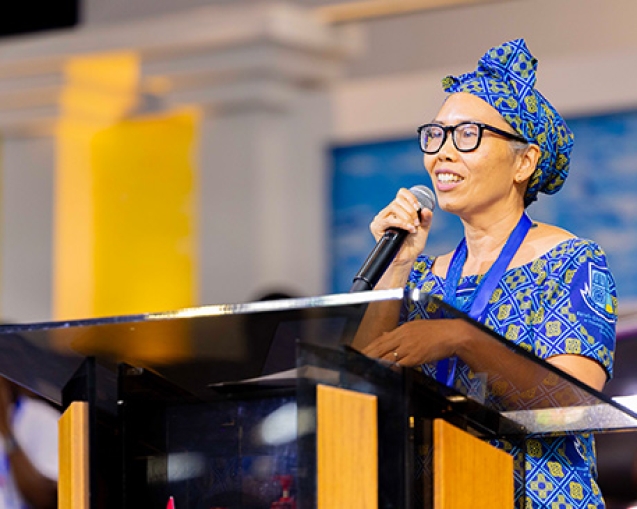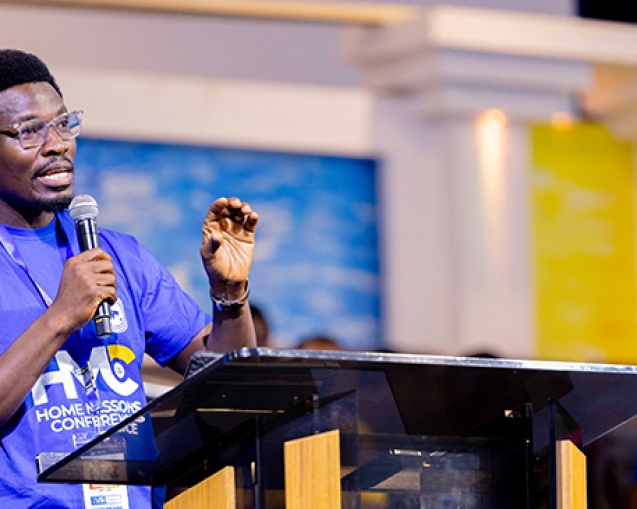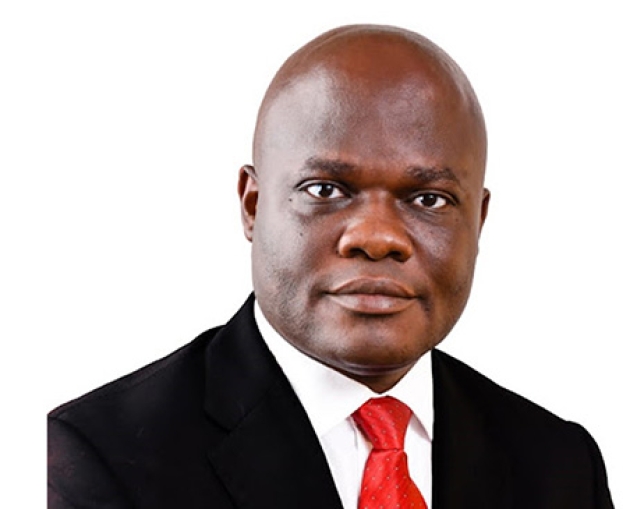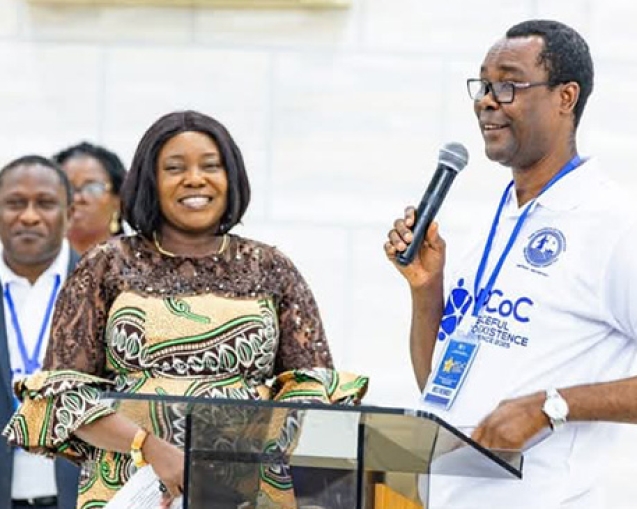1.0 INTRODUCTION
The vision to possess the nations by The Church of Pentecost, also known as Vision 2023, hinges on a three-pronged approach: equipping the church, strengthening and realigning church institutions and structures, and transforming societies. The third strategy of transforming societies led to the organization of the National Development Conference, a historic event that brought together the influencers of society to deliberate and reflect on the moral vision of our nation – Ghana – and its implications for National Development. The conference concluded with the issuance of a communiqué and a pledge from the various stakeholders to drive action for the implementation of the issues raised at the conference.
Following the conference, I have been engaged in deep thought about what could be done to revamp the moral fiber of our nation in light of the many challenges that confront us.
This thinking was further deepened when I was privileged to join the PENSA International Conference in Kigali, Rwanda over the weekend. This article, therefore, attempts to make a reflective contribution to the discourse of morality and national development, drawing from the Rwandan model and offering some lessons for our country – Ghana.
2.0 RWANDA
Rwanda is a landlocked country in Central Africa bordered by Uganda, Tanzania, Burundi, and the Democratic Republic of Congo. With an estimated population of 14 million, Rwanda has striven to rebuild its economy, with coffee and tea production among its main exports. Economic development has helped reduce poverty and inequality. The country is headed by Paul Kagame, who has ruled the country since 1994.
3.0 THE C-5 RWANDAN MODEL – MY PERSONAL OBSERVATIONS
The C-5 Rwandan Model is a personally developed model of what I believe has shaped the thinking and outlook of the Rwandan people. This model was constructed based on my personal observations, narratives from the indigenes, and informal interactions I had with some foreigners in the country. The C-5 Rwandan Model stands on five (5) main pillars, namely Courageous Leadership, Compliance, Courtesy, Comportment, and Compassion. In this article, however, I will focus on Courageous Leadership and Compliance and deal with the other three in the subsequent piece.
3.1 COURAGEOUS LEADERSHIP
Interactions with the local people and based on my personal readings showed that the Rwanda I came to see is not the Rwanda which had always existed. This New Rwanda is a result of what I call Courageous Leadership. Coming from the devastating effects of colonialism, which started with the Germans, French, and eventually the Belgians, Rwanda was already parading on the road of disarray until the Genocide more than 30 years ago became the last straw that broke the camel’s back – indeed, a visit to the genocide museum in Kigali leaves one awe-struck and heartbroken by the devastating effects of war. The inhuman, barbaric, and wicked acts meted out by fellow human beings to their fellow human beings are not something we should even think, imagine, or dream – let alone attempt to execute. No wonder the exit gate of the upper room of the museum boldly captures the phrase – NEVER AGAIN!
Now, based on this dark history of the Rwandan people coupled with the traumatic effects of both actors and victims of the genocide, the Rwandan people needed someone who could serve as a catalyst to trigger the desired change, calm nerves, offer reconciliation and justice, while breathing a new life of hope for the people, and they found it in the man – Paul Kagame. The man Paul Kagame took over the helm of power for the last 20 years and has shown that indeed everything rises and falls on leadership.
In 1998, an article in the New York Times described Paul Kagame as a Spartan, stoic, analytical, and austere leader who routinely stays up until 2 am to thumb through back issues of The Economist or study progress reports from red-dirt villages across his country, constantly searching for better, more efficient ways to stretch the billion dollars his government gets each year from donor nations that hold him up as a shining example of what aid money can do in Africa. The Clinton Global Initiative honored him with a Global Citizen award, and Bill Clinton is reported to have said that President Kagame “freed the heart and mind of his people.”
No wonder it was refreshing hearing our Uber driver from the airport, Yvonne, proudly speak about her president with so much love in her tone, affection in her words, and the broad smile she wore spoke so much volumes. Yvonne retorted, “Paul Kagame is not our president, but he is our FATHER, and we are all his children.” Then she made a request – “Pastor, please when you pray, ask God to give our father – Paul Kagame, long life and strength to take care of us.”
Now that really touched me, particularly hearing that from my fellow African, and contrasting it with what pertains here in Ghana, where even secondary school students have the effrontery to use bad language against the president and video record it because they had gone to write an examination and struggled. The National Head of our Church in Rwanda affirmed, as I narrated my experience with Yvonne to him, by stating that – “Yes pastor, the people really love their president.”
Now if you visit Rwanda and witness the spate of development, including the infrastructure, systems, policies, technological advancement, and the many ongoing projects, one does not need any more argument to come to the conclusion that this is the evidence of good and great leadership. By this, I am not implying that there may not be challenges with the leadership style of the president, but the writings on the wall are clear and visible enough for one to make a justifiable conclusion that indeed leadership is cause, and everything else is effect.
3.2 COMPLIANCE
A striking observation I made in Rwanda was the wearing of helmets by all motor riders. Now that is not an exaggeration being made here because I never saw any motor rider nor his passenger on board without a helmet. Now, my inquiry revealed that motor riding was the cheapest means of transport; hence one can infer that it was the common means of employment for the grassroots in society, and yet I watched with sheer delight at the level of compliance by all these motorists. To the extent that there wasn’t a single motor rider without a helmet.
Again, while driving to our hotel, I observed that the Uber driver kept checking the speedometer and, in explaining why she kept doing so, she said that there are cameras along the road that capture over speeding vehicles, and culprits are spot-fined. Hence, one cannot drive above the approved speed threshold within the defined mileage.
Talking about roads, it is also exciting to tell that all major roads in Rwanda are first-class with the approved markings and very neat. In fact, if indeed cleanliness is next to godliness, then Rwanda is godly.
The understanding is that plastics are banned in Rwanda. Also, systems are in place for the local people to continually sweep, clean, and repaint the markings on the road, so the roads are so clean and the street lights are working without any defects. Policies are in place for every indigene and resident to clean their localities once every month, and during such times, no one opens his or her business. There is this sense of a call to duty, and every Rwandese and other inhabitants comply to the latter. Our host intimated, “here rules work, and no one is above the law,” and Yvonne, the Uber driver, shared the story of how one of the government ministers was severely punished for drunk driving, even leading to his subsequent resignation.
Indeed, the compliance to rules in Rwanda is a beautiful sight to behold. I watched how drivers would stop at zebra crossings for other road users to cross, how motor riders would not carelessly drive through a red light in traffic, and the strict adherence to road regulations. No wonder, I hardly heard the sounding of car horns on the roads because all the road users are disciplined and comply fully – schooled and unschooled alike.
4.0 CONCLUSION
As I kept reflecting on what I had seen in the last few days in Rwanda, the questions that come to mind are: What are they doing right? What kind of value system and orientation have the Rwandese been exposed to? Where comes this sense of pride in their country? Is it that Rwanda is without problems? No, they have, like any society does – at least I saw beggars at the business centre harassing tourists, there are mosquitoes on the land, bits and pieces of pilfering, and petty thefts, which I believe are products of our depraved nature as human beings. But beyond that, one cannot belabour the point that Rwanda is strategic and has a plan that is taking them somewhere. It can safely be argued that with the structures and systems being built by the managers of this country, it would not be far-fetched to conclude that not too far from now, Rwanda would be the Africa Hub for growth and advancement, and a perfect template for morality that drives development.
Written by Pastor Kwasi Asante Annor (General Manager, PENT TV)






